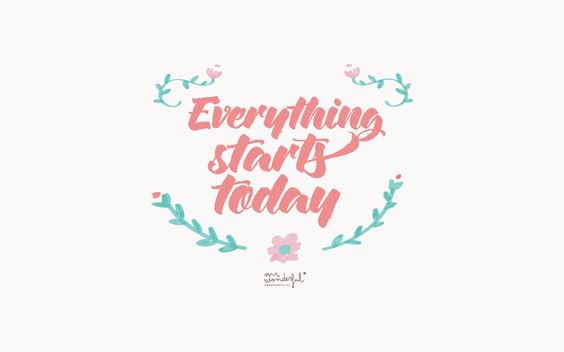I was interviewed on the Michigan Business Network radio show Business Beat by Chris Holman.
We talk about why I chose to go into coaching in 1992, and how I left my role in sales and marketing to pursue a new career as a business coach.
I discuss my early career, including highlights like attending my first coaching conference in Texas, and the gradual process of growing my customer base.
I also explain what a business coach is, what they do, and how the coaching process works from the inside out. Chris and I discuss the key areas I work in, and the types of people I work with.
To listen to the recording, just click below.
[audio:https://www.thequotablecoach.com/wp-content/uploads/2013/09/2013-09-business-beat.mp3|titles=Barry Demp on Business Beat, Sept 2013]
